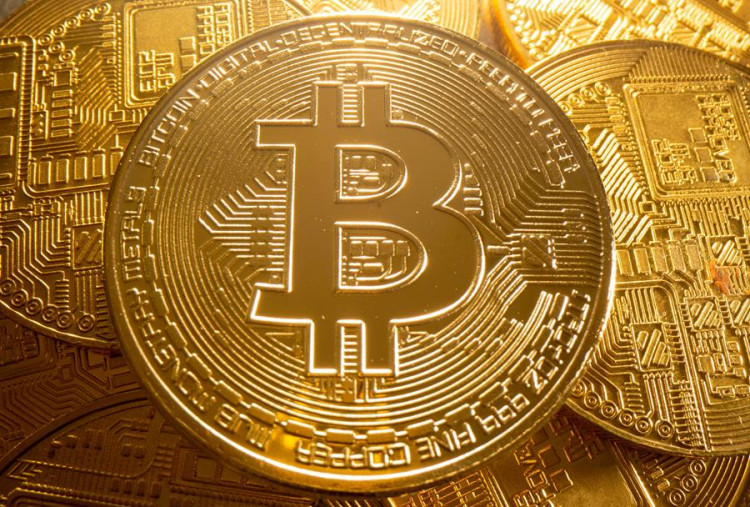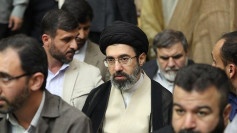A law that would have regulated decentralized autonomous exchanges, blockchain-related companies and Bitcoin was vetoed by the president of Panama. He also requested more stringent anti-money laundering procedures, according to Friday's reports.
Panamanian Rep. Gabriel Silva reported on his official Twitter account Thursday that President Laurentino Cortizo has vetoed the "Crypto Bill" because of concerns that it did not conform with specified legal standards.
Panama's economy is regarded as one of the most stable in Latin America. To protect the status quo, this is likely one of the reasons why the president wants to pass a crypto legislation that complies with all macroeconomic and anti-money laundering standards.
According to Silva, MPs are already analyzing the veto in order to make the necessary modifications so that the new cryptocurrency law can be enacted as soon as possible, hence creating new employment and drawing new investments to the country.
Based on the paper submitted by Cortizo, in which he partially vetoes the bill, certain legislation must be changed to the existing financial framework governing the country.
Cortizo also stated that the law must comply with the latest FATF principles on fiscal transparency and money laundering prevention. When governments approve new financial legislation, they must meet two mandatory conditions.
Since the President indicated that the bill was not "subject to sanction," Congressman Silva and his staff must now work diligently on the necessary adjustments. This indicates that the country is not shutting down the enterprise, but rather wants it to comply with international AML regulations.
Panama maintains that its borders remain open to cryptocurrencies. Even though the National Assembly of Panama enacted the bitcoin law in late April, the country's president had already hinted that he would not sign it for several months.
Congressman Silva stated on social media that Panama "deserves more possibilities and also financial inclusion" for this reason. However, he noted that for the time being, they should just consider what the president vetoed.
"We are analyzing the veto in order to make corrections, but we must maintain the Law's competitiveness... The discussion must now be referred to the Government Committee and the Commerce Committee," Silva said in quotes by various news outlets.
If Panama complies with all anti-money laundering requirements, the commander in chief may end up endorsing the law to transform the country into a new crypto destination.






